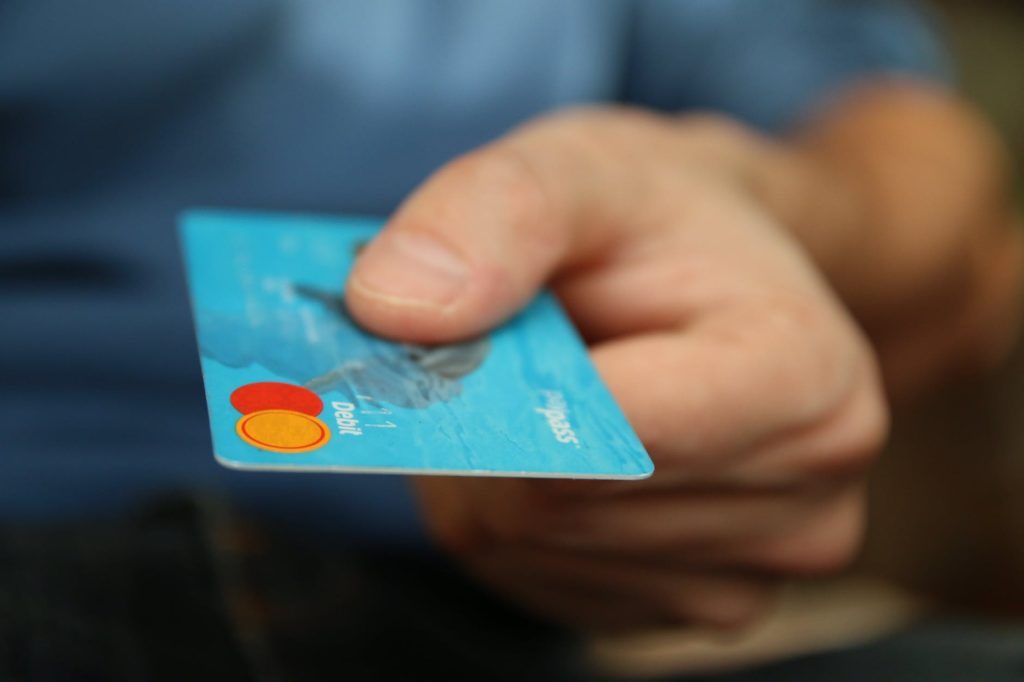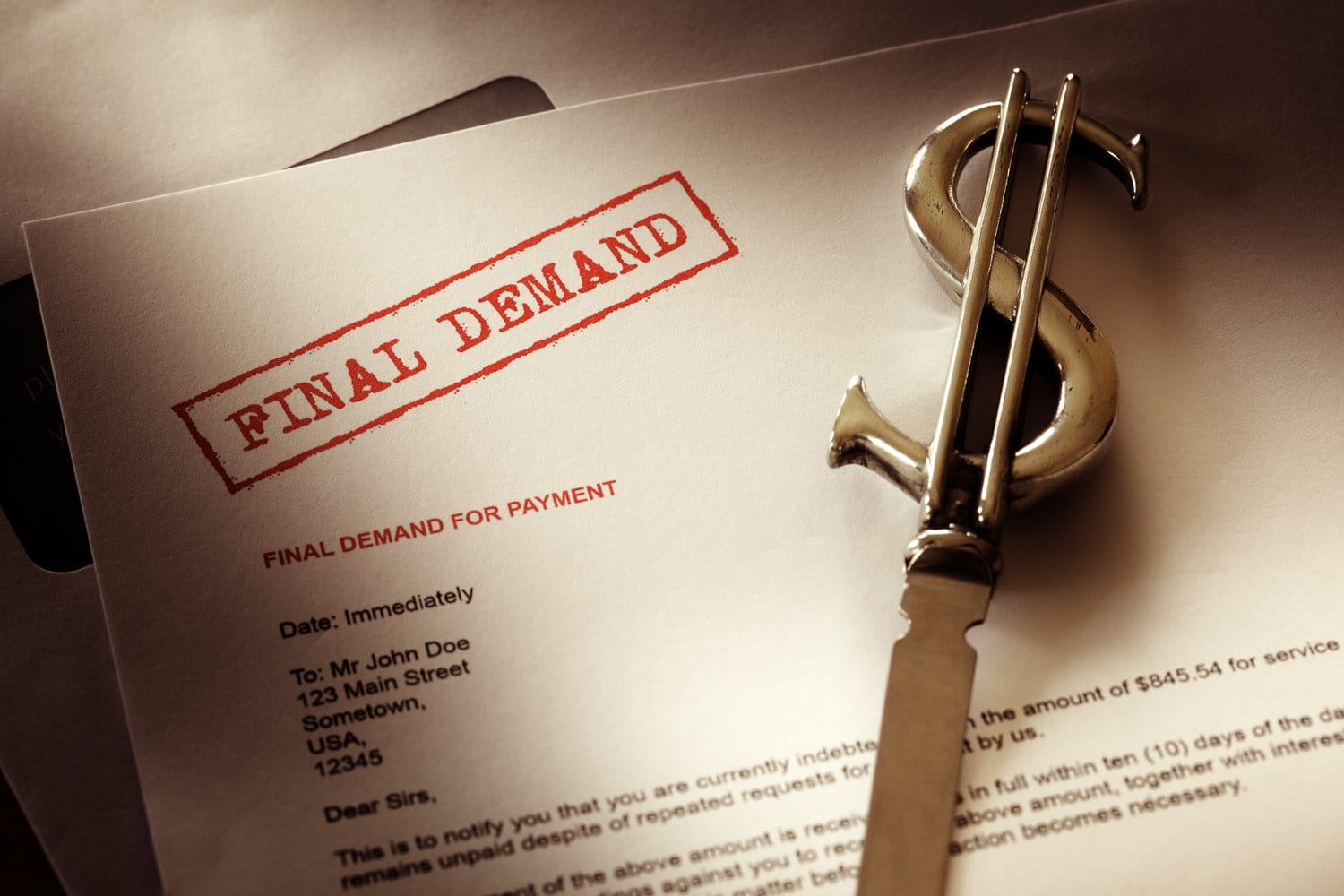Each year, billions of dollars are owed to healthcare providers, government, credit card companies, and utility companies. Customers fall behind with their payments and inhibit you from collecting revenue due to various reasons, such as loss of employment, poor health, or mediocre customer service experience. So, here are 15 debt revenue recovery tips, including some efficient skip tracing and collection tools, that can help with debt collection.
Customer Information
Collect Accurate Information
When people sign-up to your institution, you have to get their vital information, such as a copy of their driver’s license, social security number, place of employment, and contact information of their references (next of kin).
Getting your customer’s vital information can help you track delinquent customers easily. However, you have to ensure that the information they provide is accurate. You can also gather customer information from multiple sources, like social services, motor vehicle departments, and professional licensing. By utilizing a “data-sharing” approach, you can get a holistic view of your customer’s financial situation.
Debt Revenue Recovery Resources
Carefully Choose and Partner with a Collection Agency
An important factor you need to look for in a collecting agency is their strategy of success. As much as possible, opt for a collecting company that can educate you on the individualized strategies for your particular situation. Aside from that, they should also use an effective call center solution and a variety of efficient skip tracing and collection tools and technologies that will help you with debt collection. Do you have the time and resources you need to call, email, mail, track and input all the information you need to document collection efforts and find missing consumers? A reliable debt collection agency does like Finance System, Inc.
Send Formal Demand Letters
As a debt collector, you must adhere to various federal and state guidelines. As such, you should always have a formal demand letter, which is drafted by an attorney on your behalf. The Return Receipt can contain the demand letter, and it can be sent through Certified Mail. Also, you should enclose invoices and other referenced documentation in the demand letter.
Developing a Debt Revenue Recovery Strategy

Use a Third-Party Partner
Using a third-party partner can provide several benefits, like guard your brand, keep you informed of compliance and collection laws, and help you to grow with the industry and economy. However, you have to be meticulous when picking a third-party partner. As much as possible, they should state what they do, and they should do what they say.
Be Proactive
Proactive accounting is to have clear steps that you can follow once a client has been billed. Additionally, you should also have a clear understanding of the various processes involved when following-up with your customers. For example, having well-established accounting schedules will help you pick up overdue accounts before they reach the 90 days. Remember, good accounting practices can help you identify repeated delinquency.
Charge Interest
Most payments will be made faster if you charge interests. Keep in mind that a lot of companies will often pay invoices with interest first and relegate invoices with no interest to a later date. If the outstanding bill is not paid on time, the customer will earn interest on that money. Thus, you’ll be able to collect debts more efficiently.
Don’t Threaten Debtors
One of the most important things to remember when collecting debts is to NEVER use threatening or abusive collection tactics. Doing this is not only ineffective but may result in legal ramifications as well. Thus, you must remain calm and professional if the debtor becomes confrontational or aggressive. Remember, getting into an argument will only hinder your collection effort. The debt collection California law gives consumers crucial protections against predatory practices, such as calling you late at night, using harassing language and pursuing you for a debt you don’t owe. Exercising these rights can help you gain control of your dealings with debt collectors.
Provide Options
If you’re going to visit a debtor, you must call them first. Aside from that, it is also vital that you speak to the person who’s going to pay the account, and you should also keep a recordof the whole conversation, including the agreed action. As mentioned, you should never threaten the debtor. Instead, you can calmly explain the urgency and benefits of paying the bill. You can also give them options, like asking them if they can pay a portion of the bill today and the rest at a later date.
Follow-Up Systematically
Once you’ve contacted a delinquent customer initially, you must contact them regularly. For example, if you’ve been told that they will send the check after a couple of days, then it should be recorded. If you didn’t receive the check on the agreed date, then a follow-up is necessary. Always keep in mind that a systematic follow-up of your customer’s accounts emphasizes the serious nature of the unpaid debt.
Debt Revenue Recovery Tools & Technology
Automate Your Revenue Recovery Process
Automating your revenue recovery process can help minimize revenue lost to bad debt and failed transactions. Aside from that, it can also alert you to possible collection problems and provide you a chance to remediate them.
According to various data, it is challenging to collect past due invoices the older they become. In this case, one of the most efficient skip tracing and collection tools is an automated revenue recovery process, which can help minimize the churn triggered by payment declined.
Deploy Effective Communication Strategies
Having a flexible communication channel and timing is crucial to get customer engagement. Thus, you must understand each of your customer and their circumstances. Through this, you can deploy effective communication strategies that can help increase your customer engagement and payment.
Use Advanced Analytics
A lot of businesses rely on credit scores and account balances to determine collection strategies and prioritize delinquent accounts. However, this is not enough. You should also use advanced analytics that considers the expected amount to be recovered and the probability of recovery. For example, leveraging predictive analytics can help identify your loss exposure by forecasting a borrower’s likelihood of repayment depending on the strategy used. Through this, you can determine and implement the best collections strategy.
Implement Modern Tools
Nowadays, there are a lot of efficient skip tracing and collection tools you can use to improve your debt collection. One example is to implement modern case management systems that utilize predictive modeling results to identify the appropriate strategy. Additionally, modern tools can support development in operations that will help you include new practices while maintaining existing procedures, unique business rules, and statutes.
Use Artificial Intelligence (AI)
Technologies, like chatbots and artificial intelligence, can help you reach out to your customers in channels that are more favorable to a conversation and payment. Furthermore, they can also engage your customers in a negotiation regarding their debt, resulting in higher repayments.
Use Automated Reminder Systems
An automated reminder system is now becoming an essential tool for debt collection; This is due to its capability to send thousands of personalized messages through your customer’s favorite communication channel – whether it’s through text, phone, or email.
Conclusion
Following these debt recovery techniques, you can ensure seamless debt recovery in a far more efficient manner. Employ the strategy that best suits your business and get your desired results fast. Happy Debt Recovery to you!


